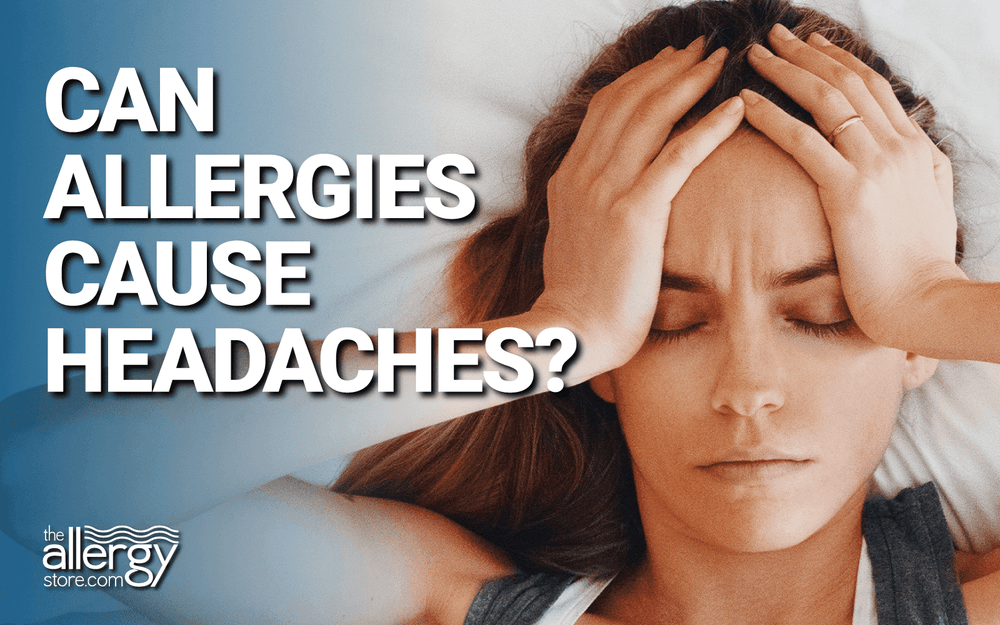
Not all individuals with Spring allergies experience frequent headaches, but many do. Over the years, several scientific studies have shown a link between allergies and headaches. People with allergies tend to have more headaches in general, and some occur frequently enough to be described as persistent.
Food allergies, in particular, are often to blame, according to the studies. An ingredient found in many processed, packaged, and prepared foods is known to be a common trigger for food-allergy-related headaches. The ingredient is monosodium glutamate or MSG. It is often found in soy sauce and is believed to be the reason that many people get headaches after eating Chinese food.
Tyramine is another common cause of allergy-related headaches. It’s not an ingredient you can look for on a package label. It is a naturally occurring compound found in many cured, fermented, pickled, and smoked foods. Examples of foods that may be sources of tyramine include cheeses, sour cream, soy sauce, alcoholic beverages, and most kinds of pork.
Phenylethylamine is a naturally occurring compound similar to tyramine that is known to trigger allergy-related headaches. The compound occurs in many foods but usually in quantities too small to cause a problem. Chocolates and products containing chocolate may contain a high enough concentration to cause an allergy sufferer to have a headache.
Aspartame, an artificial sweetener, has been shown in recent studies to cause headaches in many people. Not all of the tested subjects were allergy sufferers.
There is something about aspartame that can cause anyone to have a headache. Aspartame is something to look for on an ingredient label and try to avoid.
Headaches caused by food allergies may be managed or avoided. The best advice is to limit or avoid foods that cause the reaction. Keeping a food diary can help you identify which foods trigger headaches.
Most allergy sufferers find that only some of the compounds mentioned above are triggers for their symptoms. For instance, you should avoid MSG but not cheeses or other foods that are sources of tyramine.
You can use antihistamines and/or over-the-counter pain relievers to manage a headache when one does occur. Products designed specifically for migraines may be most effective but some contain caffeine. Excessive caffeine can cause a headache.
People with allergies to airborne substances may also suffer from frequent headaches. In this case, the headache is caused by inflammation and excess mucus in the sinuses.
The inflammation and mucus cause swelling that puts pressure on the temples and around the eyes. When the pain is experienced primarily around the eyes and at the temples, it is usually a sinus headache.
Common airborne allergens include pollen, dust and pet dander. It may be more challenging to avoid these airborne allergens than to avoid food allergens. Using an air purifier or filter may be beneficial. Outdoors, it may be helpful to wear a mask. For example, wear a dust and pollen mask when mowing the grass.
Anti-inflammatory medications, such as ibuprofen, can be helpful in relieving pressure and pain. Antihistamines can be beneficial for reducing the mucus, although antihistamines should be used in moderation. Side effects are associated with their use. Nasal sprays may be more effective than antihistamines for expelling excess mucus, but again, they should be used in moderation.
When taking any medication, increase your intake of pure fluids, preferably clear liquids. Increasing fluid intake also helps to thin the mucus, which is helpful whether or not you are taking medications.
You might find that a nice tall glass of water and a short break will have you feeling like yourself again.
Wishing you the best of health

